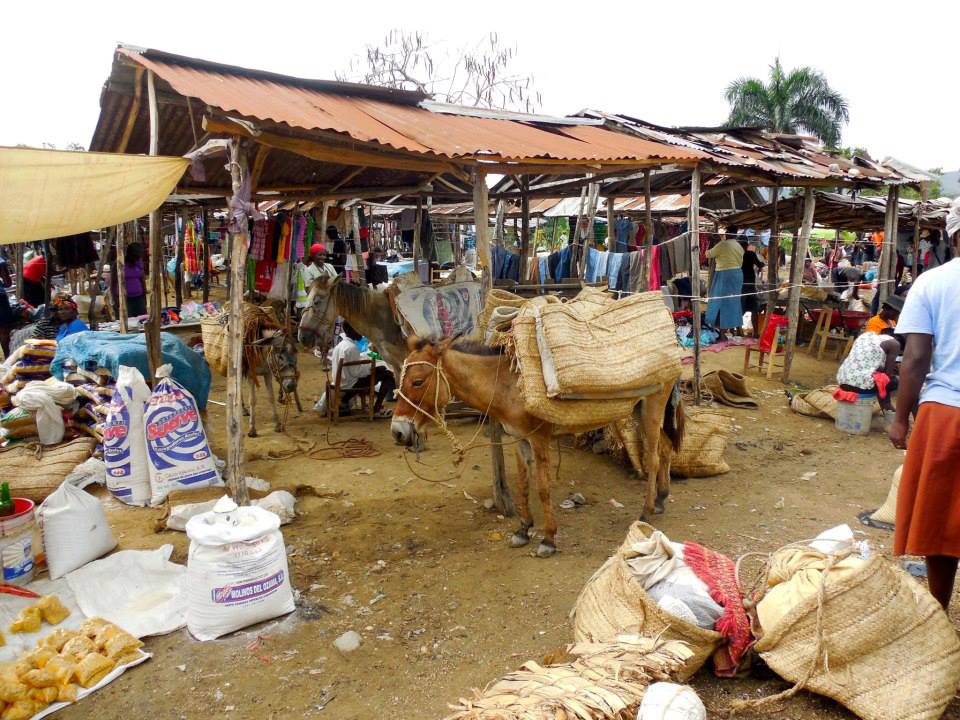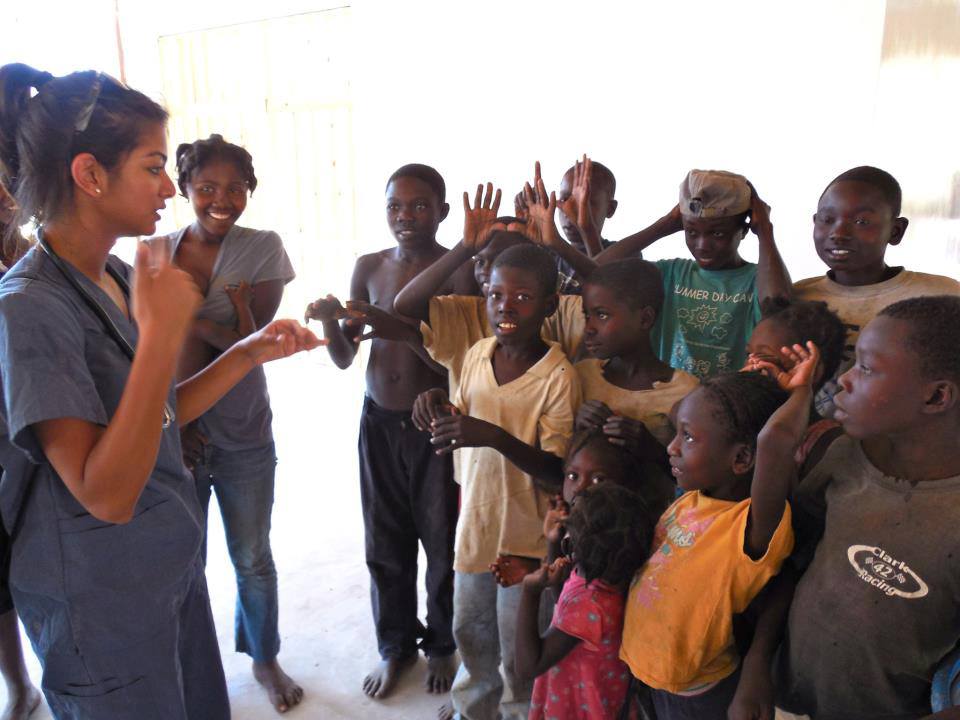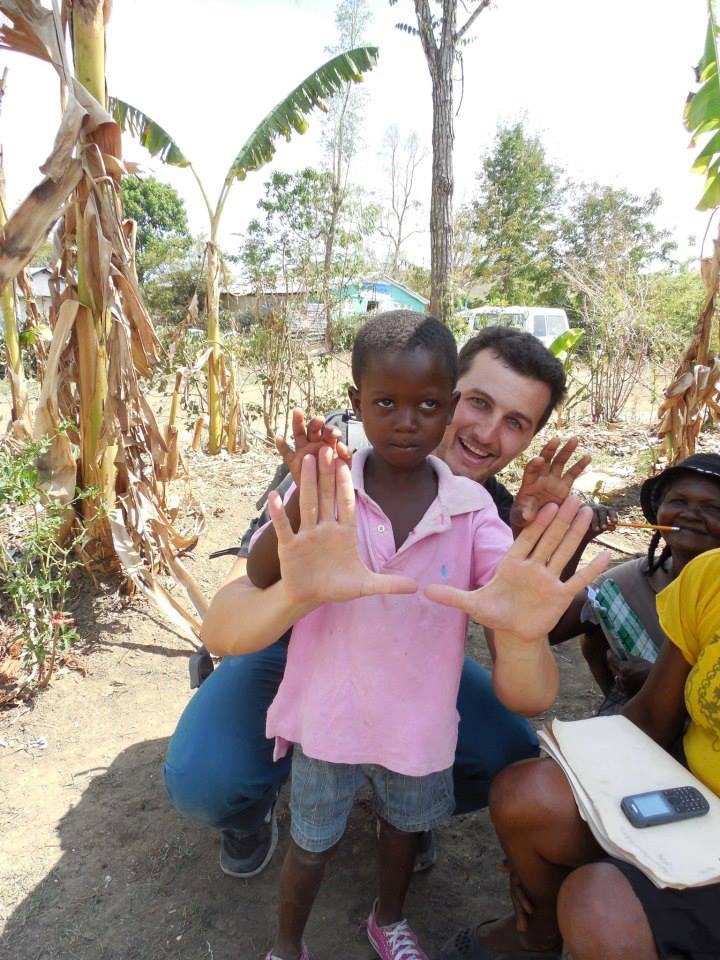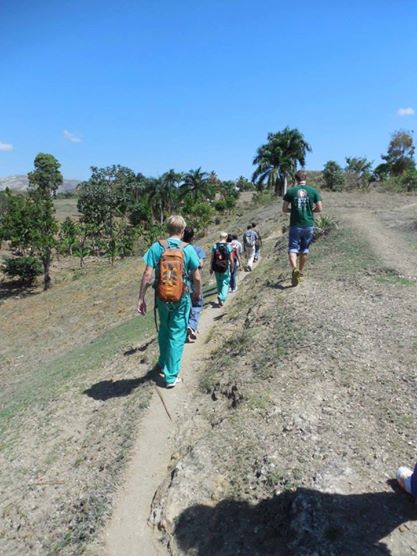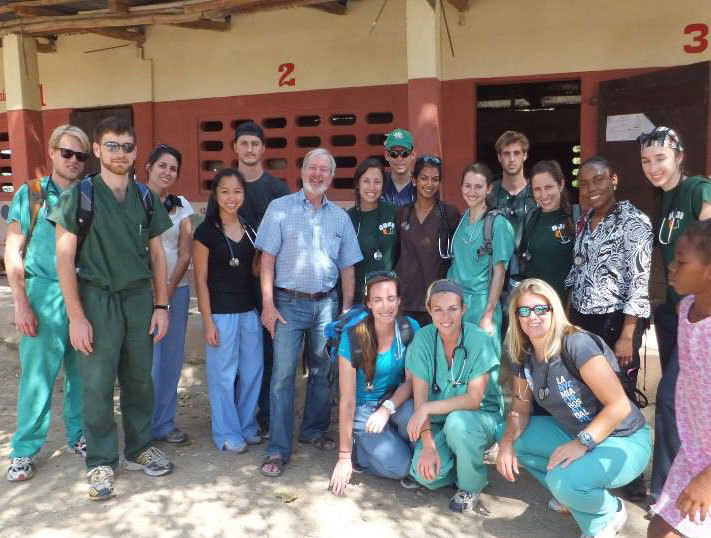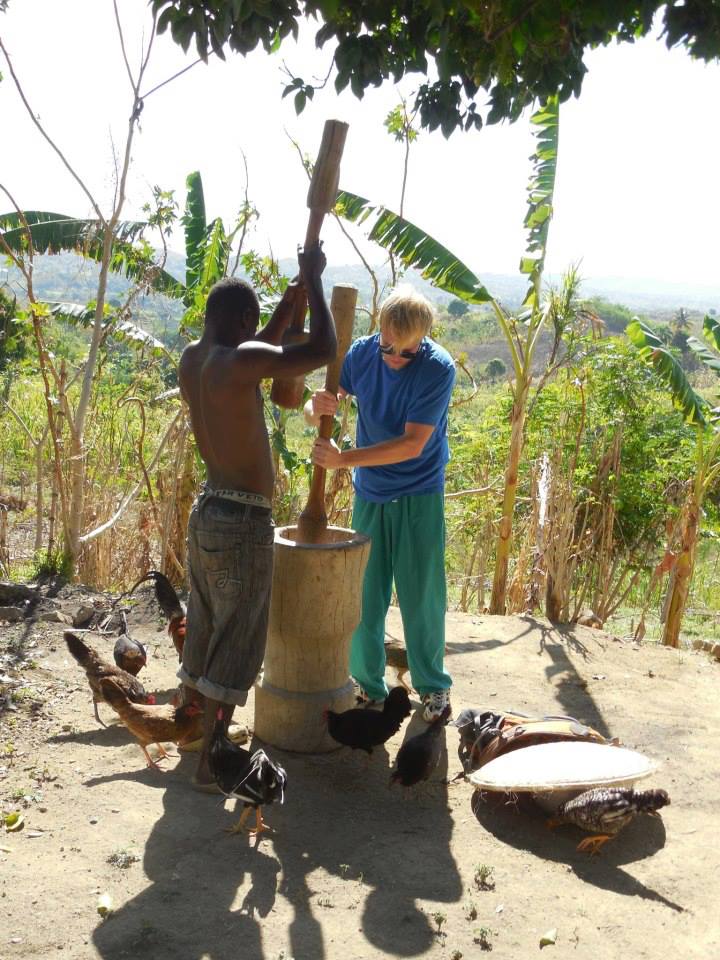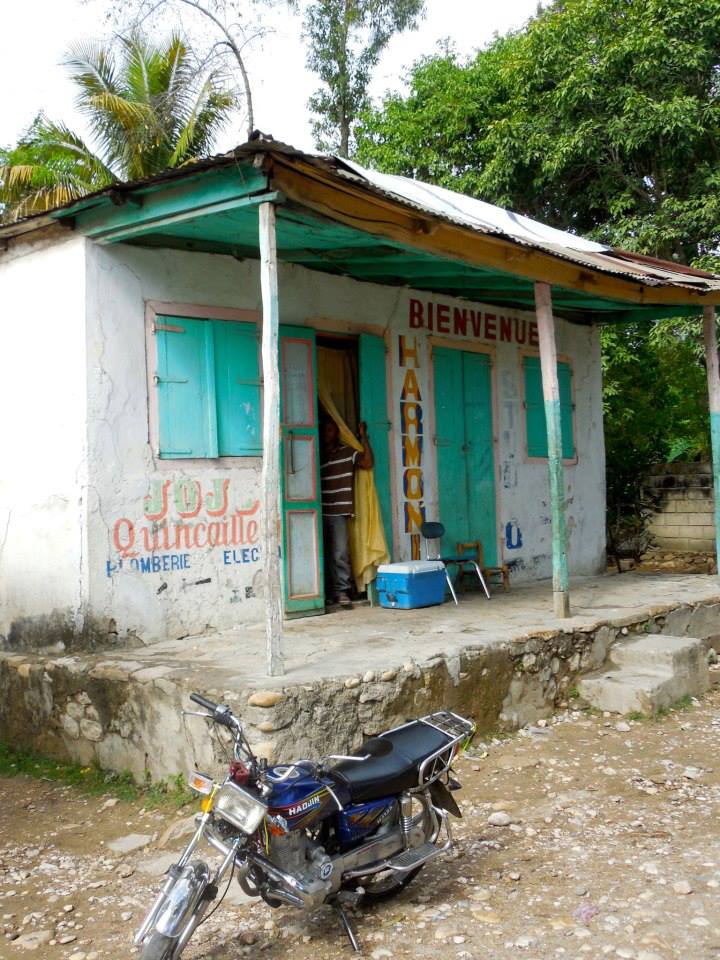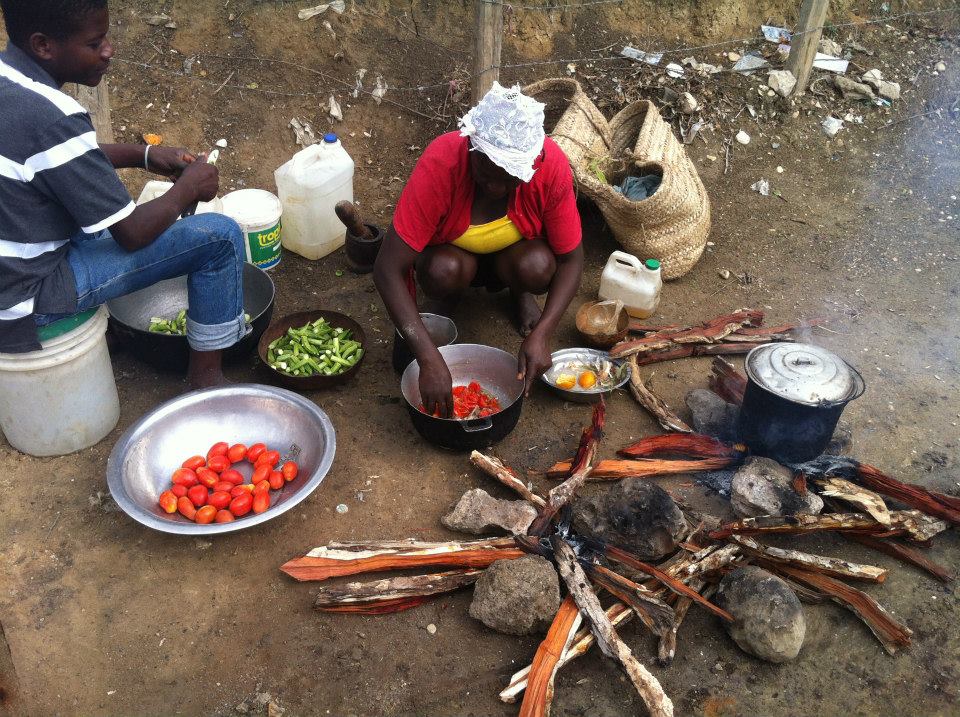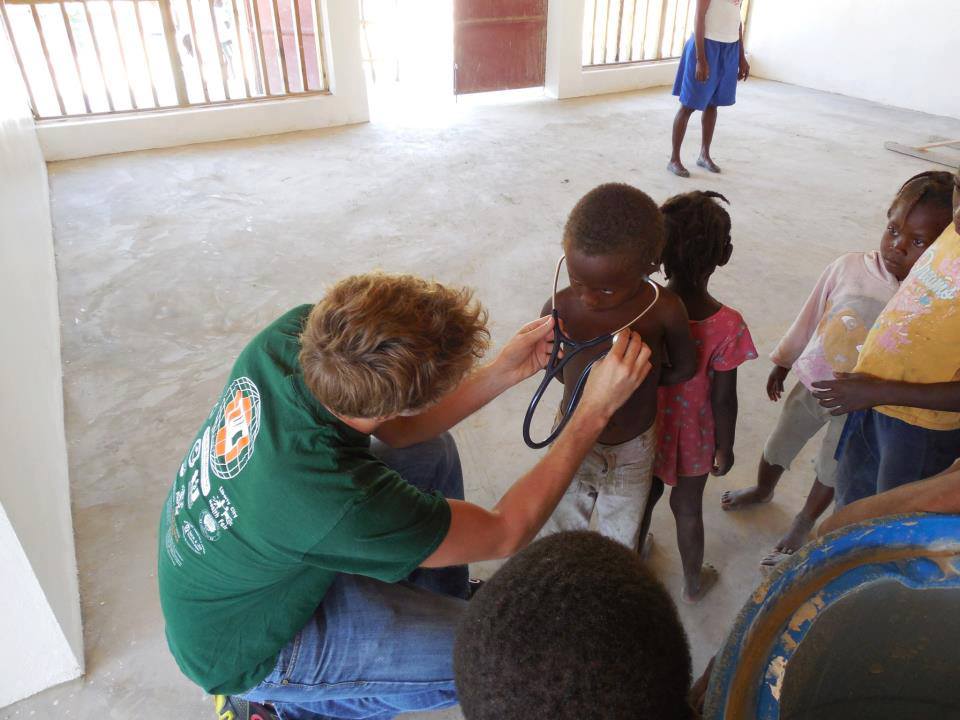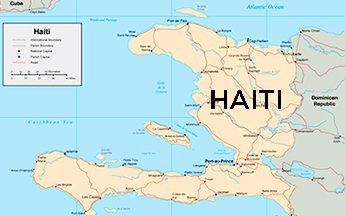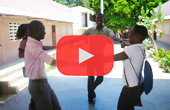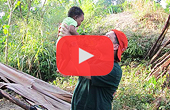Several times a year, Miller School of Medicine students travel to Haiti to work closely with local health care workers to provide care in underserved areas.
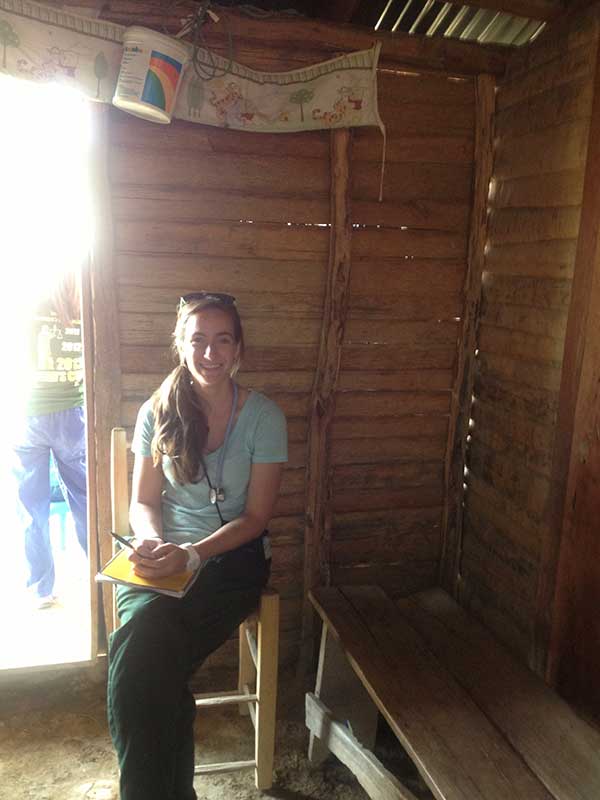
Audrey Jacobsen knew she wanted to participate in the CaneShare program at the Miller School of Medicine.
Audrey Jacobsen knew she wanted to attend the University of Miami’s Miller School of Medicine. One of the prime reasons was to get involved with CaneShare, a student-run organization on the medical campus that supports the work of Project Medishare.
Formed in 1994 and originally outfitted with a team of faculty from UM’s Miller School and the School of Nursing and Health Studies, Project Medishare’s mission is to improve health care in Haiti, the Western Hemisphere’s poorest nation.
In 2013, the California native arrived in Miami, jumped at the chance to get involved with CaneShare, and took her first trip to Haiti. The next year, the M.D./M.P.H. student served as director of the student group.
“The work CaneShare does with Project Medishare is truly unique,” says Jacobsen.
CaneShare sponsors two to three medical trips each year to the Central Plateau of Haiti, a rural and underserved community that is about a three-hour drive from the capital Port-au-Prince. On their medical trips, students work closely with local community health workers, social workers, doctors, and nurses to provide quality continuous health care. This type of trip usually lasts a week with about 10 to 15 UM students going, along with several attending physicians.
The students make home visits with community health workers or spend time at a mobile clinic. There are three stations at the mobile clinic: a pediatric station, a women’s health station, and an adult station. The students prepare a history and conduct physicals on all patients. They see a wide variety of health conditions, including many chronic diseases – a quite common one being hypertension.
CaneShare also supports Haiti throughout the year with fundraising, supply drives, and educational outreach.
Something about Haiti that will stay with me forever is the community’s resilience to hardship.
Jacobsen is further involved in Haiti through her public health capstone project. She is currently developing a hypertension intervention program for the clinic at Hospital Bernard Mevs in Port-au-Prince. Her fieldwork consists of assessing the burden of hypertension through chart review, mapping patient flow, and providing education for the nurses and physicians at the hospital.
Jacobsen and a fellow colleague, Jie Jiao, both received the Springboard grant from the UM Department of Epidemiology and Public Health to develop the program for the Haitian hospital.
“Something about Haiti that will stay with me forever is the community’s resilience to hardship,” Jacobsen says. “Everyone in Haiti was touched by the earthquake, whether they lived in Port-au-Prince or not. The spirit, generosity, and optimism that exuded from the communities we worked in were amazing.”

